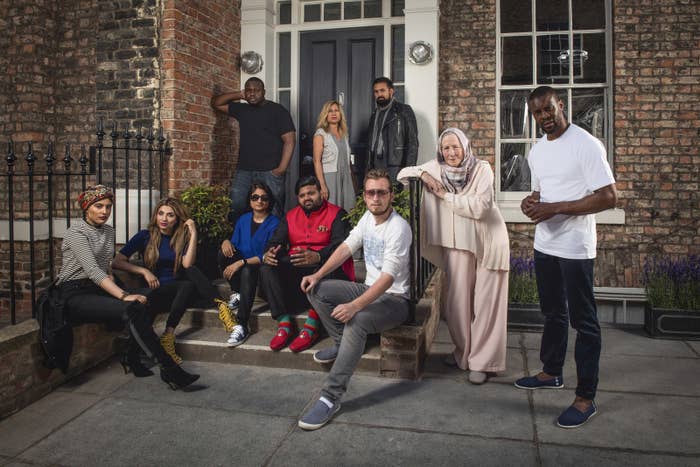
There has been a stir around Muslims Like Us, the BBC programme billed as the "Muslim Big Brother", which documented the lives of 10 British Muslims in a two-part series.
It featured a diverse cast, with a gay man, a part-time model, and a teacher on the show. Initially, there was controversy was about the inclusion of Abdul Haqq, a black Muslim convert and former boxer with extreme views, who said on camera that if he had his passport he would fly to Syria.
Nabil Abdulrashid, a stand-up comedian who runs a soup kitchen for homeless people, was the only other black person on the show.
In one incident that has since received a great deal of attention, he was looking for items he had bought to cook with only to discover another housemate, Ferhan Khan, had apparently taken them.
Abdulrashid said: “I went out and got stuff with my own pocket. Don’t touch my stuff. Maybe your mother didn’t teach you not to touch other people’s things.” In response, Khan shouted at him: “Don’t you dare talk about my mother.” The other – Asian – housemates rallied around Khan, with Naila Darr, who was presented as a liberal Muslim, accusing Abdulrashid of being “abusive and aggressive”. The scene ended with both black men leaving the kitchen.
Many people felt that racism played a part in the incident. After the show, Abdulrashid raised the issue of anti-black racism within the Muslim community and the representation of black Muslims in the media, spoke about it at length on Periscope after the show, and wrote: "The reality is there is nothing I faced in the house that does not happen in local masjids, in schools and online."
It's easy to look at the big black dude and call him aggressive without asking why he got pissed off #MuslimsLikeUs
BuzzFeed News asked black Muslims from across the UK: "What are your thoughts on the representation of black Muslims in Muslims Like Us and in discussions of British Muslims in general?" Here's what they said.
Tanya Muneera Williams, rapper
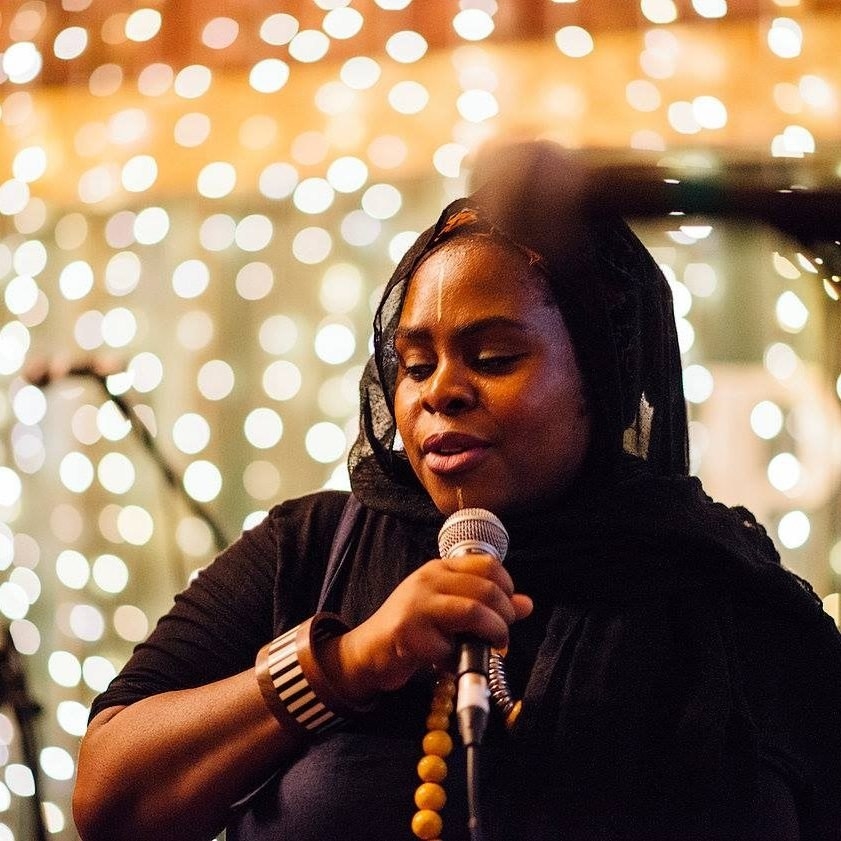
"I think it's difficult to talk about the individual characters as clearly it was edited to highlight specific themes, but there was a clear problematic racial element both inside the house and from the perspective of the filmmaker. The thing that I think is really problematic both in the film and in the lived experience of many Muslims of African descent is this feeling of not being listened to."
Hashi Mohamed, barrister and broadcaster
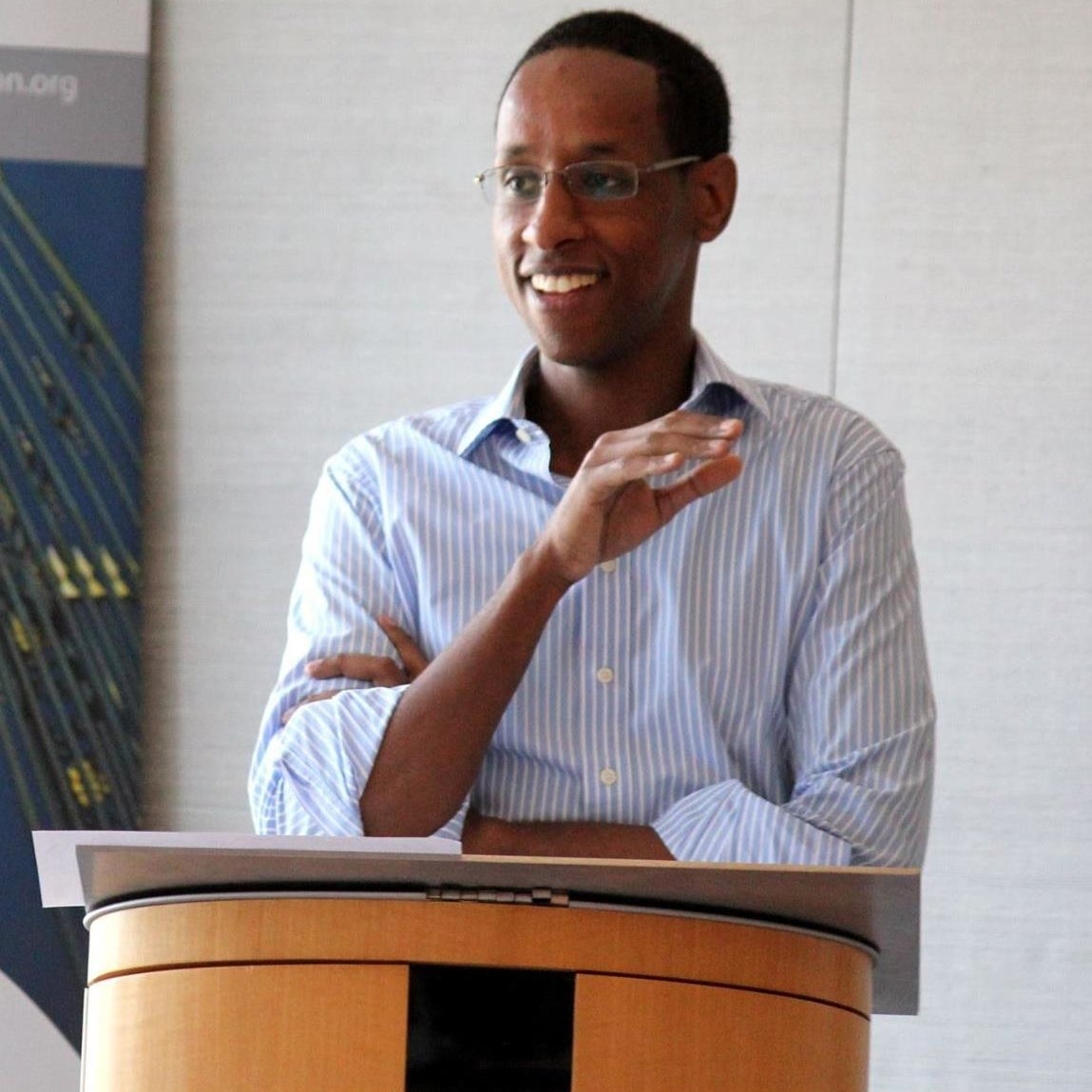
"You're always conscious as a black man of being perceived as being aggressive in a setting where you are in a minority. You could see it in Nabil.
"It's always quite interesting when these programmes come along, and I just saw the clip of Nabil where the guy is shouting and charging at him. All Nabil seems to do is ask him why he's taking his stuff, makes a sly comment, and all of a sudden Nabil's the one who is being aggressive, he's the one who is being rude, he's the one who's being confrontational. Of course you have to make allowances for sensational editing, but you could see the tensions.
“The black British Muslim experience is completely different to the white one, or an Asian one, despite nominally subscribing to the same faith.”
"The deep, deep racism that exists in how Islam is practised by some Muslims towards black Muslim folk generally is real. If what you are saying about the true belief is genuine, its tolerance and kindness, then technically your colour should not matter. But it clearly does for a lot of people, even though they will say, "I'm a Muslim and I believe in my faith, therefore I don't believe in colour" but in practice they clearly do.
"Generally, my takeaway from this programme is the complete and utter lack of empathy between some of these people, and I don't characterise that as being attributable to the Muslim community as such. [It was] rather more symptomatic of the society that we live in, which is very self-absorbed, inward-looking, and you're unlikely to have any empathy towards other people at all and lack any understanding of their experiences.
"And so the black British Muslim experience is completely different to the white one, or an Asian one, despite nominally subscribing to the same faith."
Samia, student
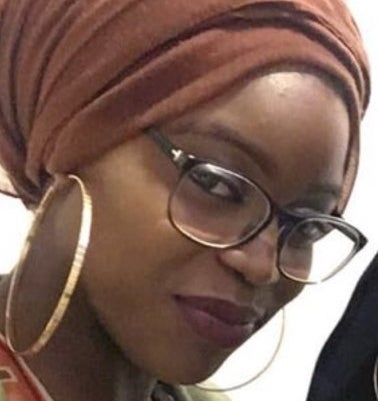
"On the topic of representation as a whole, I rarely hear or see the voices of black Muslims – especially black Muslim women – being amplified. Growing up, the black Muslim representation I sought usually came from African-American men – rappers in particular.
"As I got older, I realised the importance of being able to see people who looked more like me everywhere, in all three aspects of my identity. What frustrated me was how difficult that was and why I didn't see much going on to change that.
“Growing up, the black Muslim representation I sought usually came from African-American men – rappers in particular.”
"Within the ummah, there has been some progress when confronting issues such as acknowledging anti-blackness, but in order to make real and substantial improvements, a greater range of black Muslim voices (such as women, reverts, those born into Islam, etc) need to be given meaningful platforms to discuss our experiences, without being dismissed under the guise of 'one ummah'."
Kyle Gray, master's student at SOAS
"Muslims Like Us, to be honest, perpetuated racist stereotypes of black people. Abdul Haqq was the 'misinformed convert', which is normally who Muslims blame for terrorism or illogical strands of religious thought. It's always blamed on black people or Jamaican reverts, and here Nabil and Abdul Haqq were the angry black guys.
“Muslims Like Us, to be honest, perpetuated racist stereotypes of black people.”
"Coming to Islam you receive more common racism from Arabs and Asians like name-calling and general ignorance than white people, and it's kind of upsetting, because you're seen as insincere or misinformed, and that black Muslims are not seen as educated in the religion, whereas when white people convert they are put on a pedestal within the religion, 100%.
"With a white convert it's seen as like, 'Yeah, the coloniser has now accepted our ways, we're now happy.' And they're seen as the intellectuals reforming and bringing back traditional Islam. Black converts are seen as just prison convicts or radical black people who just love Malcolm X who become Muslim. It's sad, to be honest.
"With the prophet's last sermon, does anyone take heed? We still have white Muslims superior to black Muslims and still have Arab Muslims in Qatar and Dubai looking down on South Asian workers and taking pictures. We only care for black converts for rap or their conversion stories."
Fatuma, works in the arts and heritage industry
"For me the problem is less to do with the representation of black Muslims on the show but the representation of black people in general and how the BBC tries to engage with different types of people and do it in a dangerous way. They have this huge platform yet they choose to put on really poor-quality programming and it does really affect people on the everyday level.
"It's not just a show; this show will shape people's understanding. Lots of people may never have had an interaction with a black person before, a Muslim before, and yet through watching the show will think this is the archetypal black Muslim person, that's who they are.
"I think in terms of the broad Muslim community, although it's getting better, it's still fundamentally imbalanced. Particularly in the UK context, it's understandable because of the large community – but the default is that to be Muslim is to be Pakistani.
"I think a lot of people conflate Muslim culture with Pakistani culture. If you're black, unless you have some visible demarcation, that's not the automatic response of what you may be. And so it's 'Oh that's a bit different, you're a black Muslim' and even the Muslim community is surprised there are black Muslims who aren't converts. I think the assumption is if you are, you weren't born into it. That's not a negative, but that's just not the whole story.
“It's not just a show; this show will shape people's understanding. Lots of people may never have had an interaction with a black person before, a Muslim before.”
"I think a lot of people in communities don't fundamentally understand racism. It's about educating them – why is that? – or thinking negatively on the basis of their skin tone or assuming they are violent or dangerous, that's not right. I think lots of people just take that for granted and say, 'But we also suffer from discrimination. That happens to everybody.'
"If that's the case, why do you have this opinion and think it's OK to think that about somebody, but if somebody thought that about you, you wouldn't like it? A lot of us are third, fourth generation and so many of the horrible views that maybe parents and grandparents have are being passed down to their children."
Mohamed Mohamed, poet
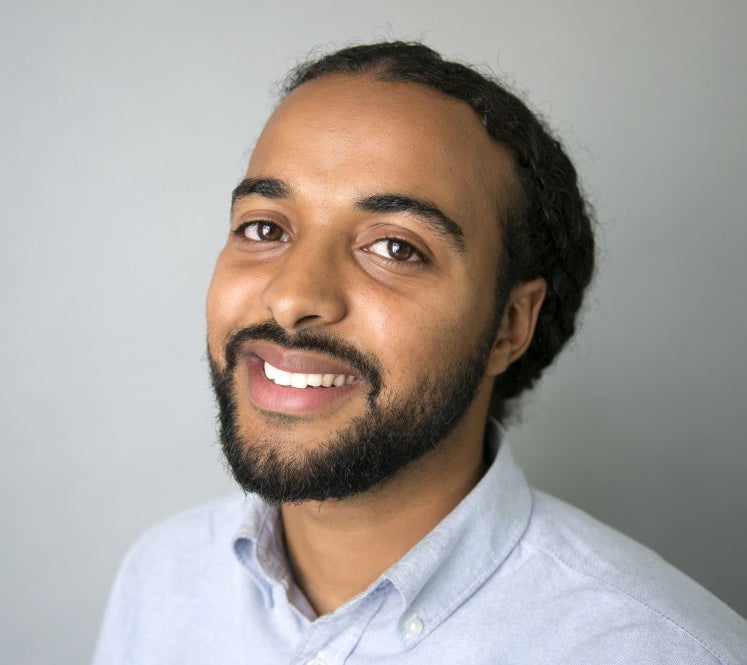
"It would have been ideal, and I don't know how they missed out, to have one black sister on it at least. I think that was a major miss. That would have widened the diversity. In the summer I did a programme with black activists and I was the only panellist who was Muslim, and so I spoke about the basic challenges black Muslim women face, the racial struggle of one being black, the feminist struggle of being a woman, and thirdly being Muslim – so having three counts of discrimination they may face over a period of time is something that happens a lot.
"Having a black Muslim woman on the show would have been significant in highlighting those particular struggles they face."
“Having a black Muslim woman on the show would have been significant in highlighting those particular struggles they face.”
"In the wider community there's this common downplaying of racism. 'Oh we're not racist, as a whole,' they would say. 'We Muslims are not racist. Bilal ibn Rabah was black and he was one of the great companions of the Prophet Muhammad.'
"That's great that you equally celebrate him like any other Muslim, but what are you doing to challenge the discrimination of Muslims in their space and in society? He's often used as the black token for Muslims who downplay the experience of anti-blackness in the Muslim community. So a lot of people sideline black Muslims for converts with criminal backgrounds.
"In terms of leadership, not many mosques have black Muslims in trustee positions, and to be fair I understand the context behind that – the South Asians make up the Muslim majority population in the UK and built most of the major mosques, so I get that. Maybe it's about moving forward and having a representation, and that can be pressed on an institutional level."
